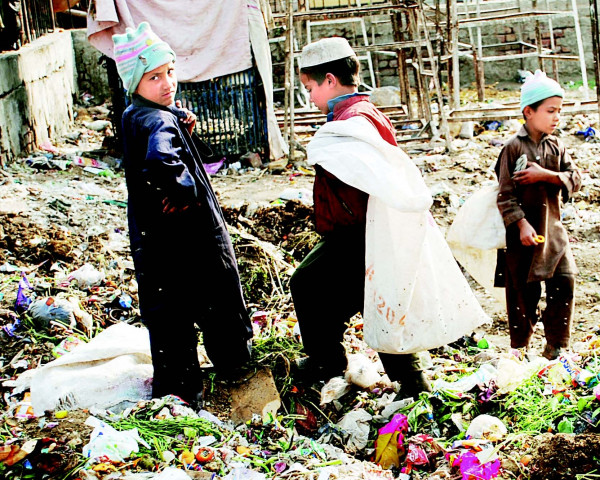Street children and HIV
Countless street children all over Pakistan may be infected with all sorts of dangerous, contagious diseases.

Street children are among the most vulnerable part of the population as they are susceptible to disease, violence, sexual abuse and poverty. On top of that, the government does not possess any means to register street children as citizens of the state. This makes the situation vis-a-vis the HIV prevalence among street children even more worrying as there is no way to determine the pervasiveness of the virus among them. In fact, countless street children all over Pakistan may be infected with all sorts of dangerous, contagious diseases with no way to determine the extent of the problem.
HIV is not a dominant epidemic in Pakistan but the number of cases reported annually are increasing and with this latest development, it is time the government woke up to the potential crisis at hand. This problem is a multi-faceted one and a comprehensive approach is needed to resolve it. Taking a long-term view of the situation, the reasons leading children to take to the streets need to be eliminated. But for those already on the streets, the government needs to set up a mechanism to register them as citizens, devise programmes aimed at bringing them off the streets and rehabilitating them, test them for HIV and other diseases, and then provide them with the required treatment. Concerted planning and effective implementation are required to secure our children’s future. However, there first has to be a realisation at an official level that there is a problem at hand that needs urgent resolution.
Published in The Express Tribune, August 19th, 2012.














COMMENTS
Comments are moderated and generally will be posted if they are on-topic and not abusive.
For more information, please see our Comments FAQ